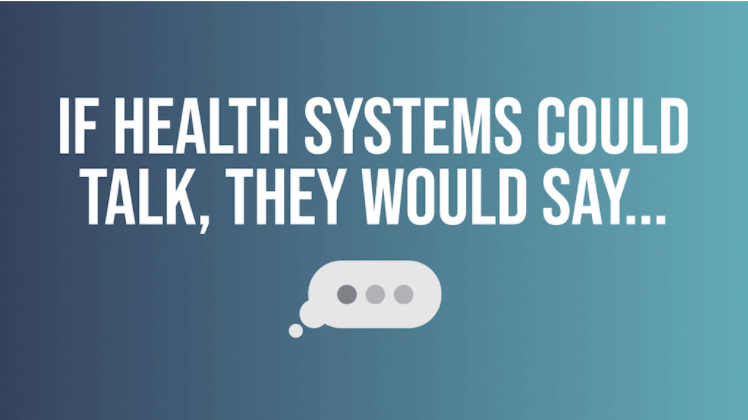Ariadne Labs’s work to improve and enhance primary care is a multi-part, multinational effort. The Primary Health Care Performance Initiative is a partnership between Ariadne Labs, the Bill & Melinda Gates Foundation, the World Health Organization, the World Bank Group, UNICEF, and Results for Development. PHCPI is dedicated to transforming the global state of primary health care. It supports stronger primary health care through three interconnected areas of work: measurement, improvement, and engagement, and develops tools within these areas.

FEATURED
PHCPI Launches New Digital Report
New digital report shares insights from the process of creating the first 23 Vital Signs Profiles – PHCPI’s signature measurement tool – and set the scene for the next chapter of PHCPI’s work.
SEE ALL RESOURCESMeasurement Tools
As part of our work with PHCPI, Ariadne Labs leads development of tools to measure and improve primary health care systems.
Vital Signs Profiles
The Vital Signs Profiles are a measurement tool that policymakers, donors, advocates and citizens can use to better understand, and ultimately improve, primary health care. A completed Vital Signs Profile provides a snapshot of primary health care systems by examining financing, capacity, performance, and equity in individual countries. A profile shines a light on where systems are strong and where they are weak, and provides answers to important questions about a system’s financing, capacity, performance, and equity.
In 2018, PHCPI partnered with five countries – Argentina, Ghana, Rwanda, Senegal, and the United Republic of Tanzania – to pilot the model and assess its effectiveness. The model was found to yield novel and actionable information on primary health care strengths and weaknesses.
In April 2019, PHCPI released an updated version of the profiles, and as of July 2021, 23 countries have completed profiles.
Primary Health Care Progression Model
The Primary Health Care Progression Model is a mixed-methods assessment tool used to populate the capacity pillar of the Vital Signs Profile. This pillar provides information that can answer questions such as: “Does your system have the policies, infrastructure, and other physical and human resources to deliver primary health care?” and “Are the fundamentals of PHC service delivery – such as strong population health management and effective facility management – in place?”
The Primary Health Care Progression Model is made up of 33 measures that each focus on a specific primary health care system, input, or service delivery element. The goal of the model is to systematically measure core primary health care capacity, including governance, inputs, and population health management that are not sufficiently quantified by alternative measures.
The Progression Model can be used by country leaders and development partners to identify strengths and opportunities for improvement and direct the selection of relevant Improvement Strategies.



